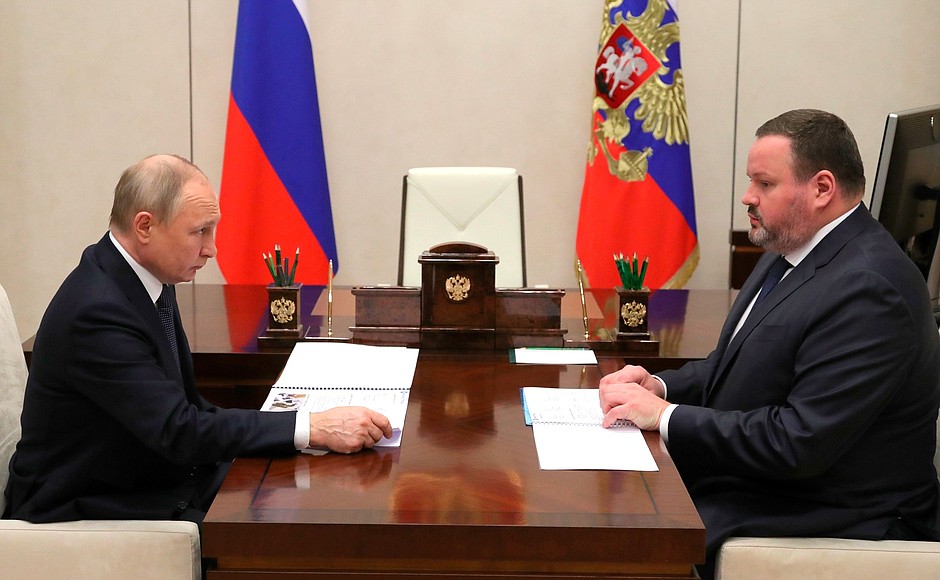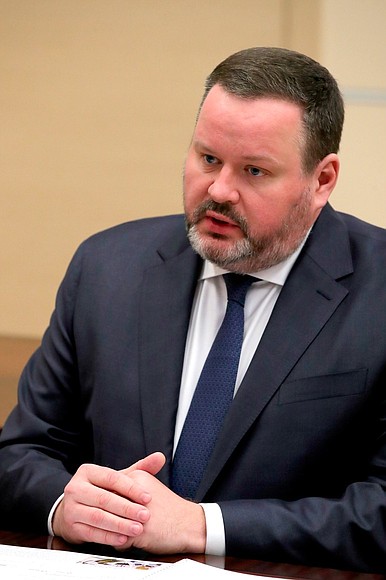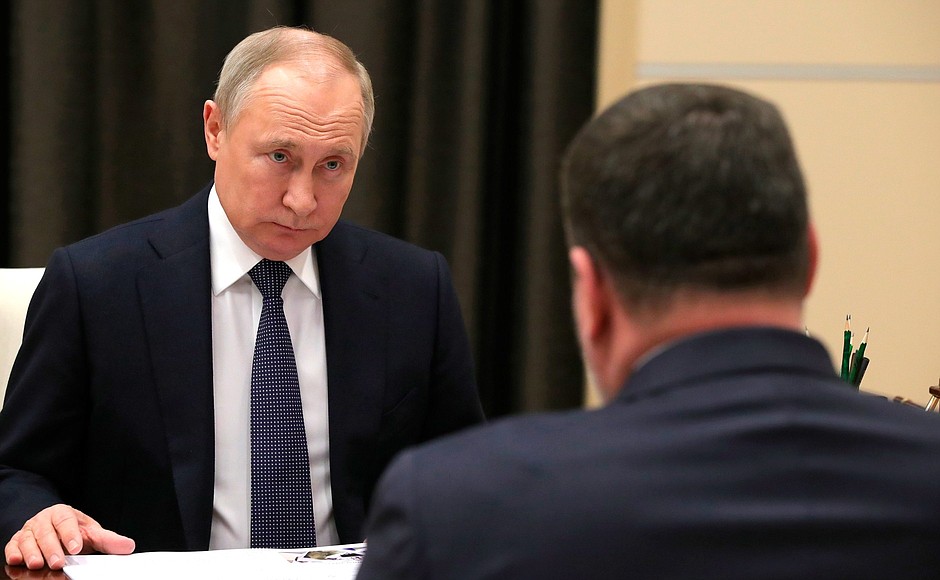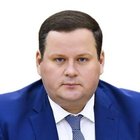Minister Kotyakov reported that the current situation in the labour market was stable. About 3.1 million people are classified as unemployed, and that number is not growing. Some 675,000 people are registered at employment centres that now have about 1.9 million openings.
Anton Kotyakov told the President about a package of measures to support the labour market. There is a 24-hour hotline to allow people to ask questions about labour rights protection. Even during the pandemic, information was collected from employers on changes in work formats and employee tables. Employment centres have been converted to a proactive format. As soon as information is received that a company is having employment issues, employment centre staff immediately visit the company and provide information on support for the company owner and their personnel. Right then, they can work out a plan for company participation in different programmes.
The Minister told the President in detail about these programmes, in part, on retraining employees for new technical processes, organising temporary assignments or transferring employees from one company to another. About 345,000 people are to undergo retraining. Special attention is devoted to young people. There is a system for monitoring employment after graduation. Graduate registries are compared with information in the work record e-books at the Pension Fund. This shows what jobs graduates received and how much they make. There are also ratings for education programmes for both universities and vocational secondary schools. The Government has launched a programme for subsidising employers that hire young people.
In general, the Ministry plans to support about 1.5 million people under these programmes. The federal budget has allocated over 90 billion rubles for this purpose.
The Minister also talked about an integrated support system for families with children that was created upon the President’s instructions. This system covers families with children up to 3 years old and families with children aged 3 to 7.
Last year, two additional measures were introduced regarding children 8 to 17 from single-parent families and additional support measures for expectant mothers. On May 1, an additional state support measure was introduced for children 8 to 17 from complete but low-income families. The system will cover more than 10 million children. The total spending for this system will amount to 1.2 trillion rubles per year.
The Social Treasury project is underway. The key principle is to provide services to citizens proactively and based on just one request. Today, the most popular services include the provision of social support in the event of difficult life situations. If a person agrees to receive information about possible support measures in the event of a particular situation, then the necessary information on available support measures is sent to their personal account.
The procedure for establishing disability status was also covered. The President underscored that this was important for millions of citizens. Kotyakov said that over 11 million people with disabilities live in Russia, of whom about 730,000 are children with disabilities. It was critically important, he said, to alter the very approach to determining disability for a particular person and to simplify it as much as possible. The mechanism for remote medical exams has been tested on the basis of the data that patients receive in a medical organisation. As of now, 50 percent of public health institutions are sending information about the necessary tests in electronic form. The information goes to the patient’s personal account on the government services website, including customised rehabilitation programmes.
The Minister spoke about the social service coverage of senior citizens and citizens with disabilities. The President instructed the Ministry of Labour to expand the list of available support measures and to develop additional tools. As of late 2021, 6.7 million people were covered by various support tools with 6.8 million citizens to be covered in 2022. About 300,000 people are living in nursing homes and are covered by corresponding programmes. As planned, about 2.1 million people will be covered by at-home programmes, that is, a social worker will come to see them; 4.4 million people receive social services at rehabilitation centres, social service centres and as part of active ageing programmes.
Vladimir Putin noted that this was also important and asked the Minister to keep it under constant control.



